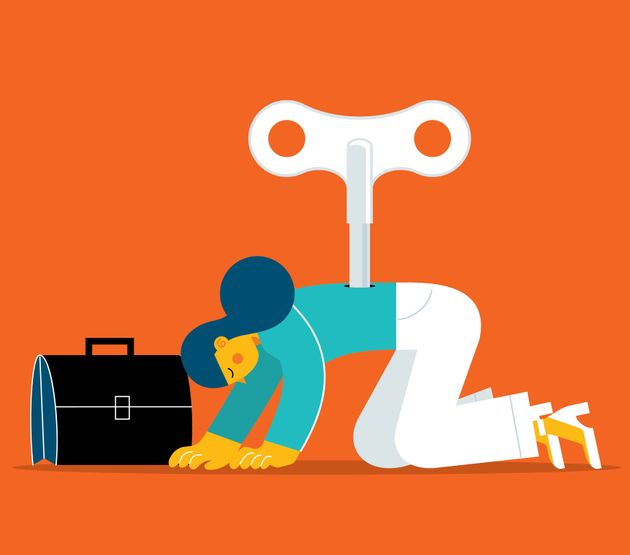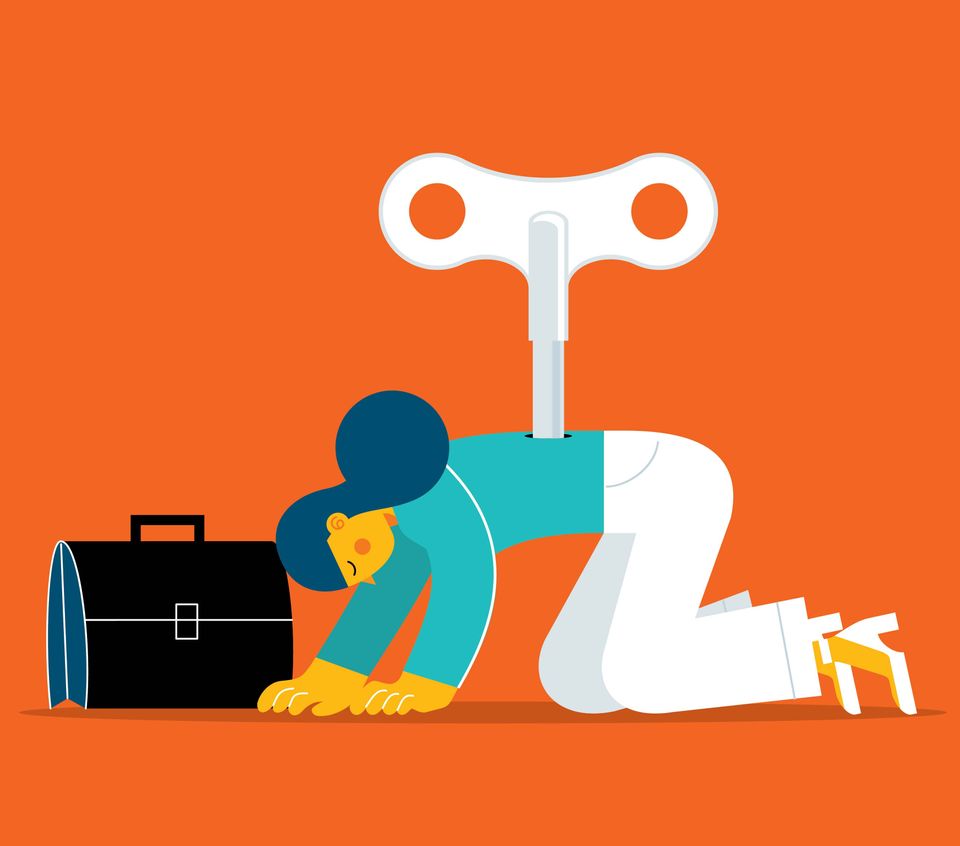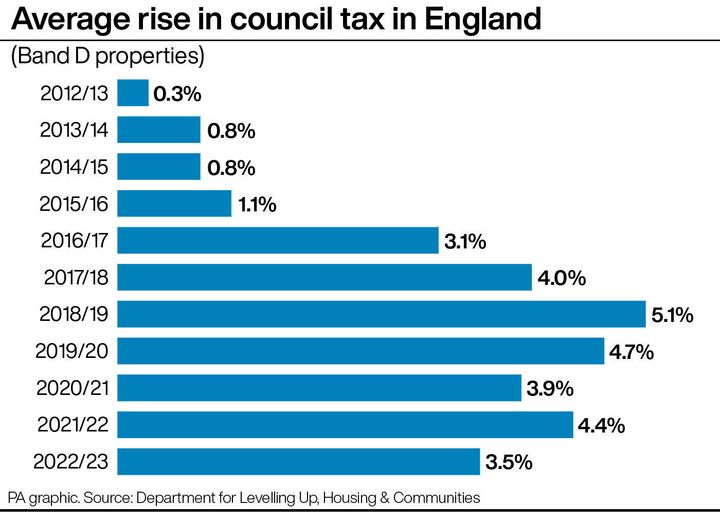
In 2002, I planned a monthlong solo trip to Australia.
On my second day on the trail, while crossing an ankle-deep stream, I slipped and my body flipped 180 degrees. I hit my head and then rolled off the side of a waterfall. The waterfall was about 3 feet high and I landed in a reservoir pool. A German tourist, who happened to be there, dragged me out of the pool.
After the fall, I sat on the riverbank — stunned, confused and very concussed — while my tour leader climbed down the bank to meet me.
Advertisement
“Do you want medical attention?” the 20-something tour leader asked.
My mind flashed back to the medical insurance I had booked for the trip. “Emergency helicopter evacuation costs an additional $250,000,” it read.
“I’m OK,” I replied quickly.
On the short hike to our base camp, I repeatedly tripped and bumped into things. My clothes were covered in blood and my body had cuts and bruises everywhere. I stayed at camp and skipped the hikes for the remaining two days. When I finally got back into Sydney, I walked into the hotel lobby and a guest looked at me before loudly announcing, “Can someone get this woman medical attention?”
With my cuts, bruises, disoriented demeanour, and the same muddy and torn trail pants, I can only imagine how alarming I looked.
At this point, I was too concussed to evaluate what my medical insurance would or wouldn’t cover. And so I refused medical attention and assured the staff I just needed to rest.
Advertisement
A few days later, I flew back to the States.
As my bruises and cuts healed, I thought the worst of it was over. I saw a doctor in New York who ran some tests.
“Everything looks clear to me. You’ve just had a bad concussion,” he said.
Before the accident, a regular day of my life included a 5 a.m. workout, working my corporate marketing job until 10 p.m., and then attending weekday drinks out with co-workers, friends or clients. Somehow, among all that, I maintained a social life and part-time freelance gigs.
A few months after returning from Australia, my co-workers and I were invited on a yacht trip hosted by Forbes magazine. As the boat left the dock, I knew something wasn’t right. I felt disoriented, unwell, and struggled to hold a conversation. I sat in one spot for the whole trip.
When we got back to the harbour, I held onto the rail as I took careful, unbalanced steps. “Wow Jill, it seems like you didn’t hold back on those cocktails,” a co-worker teased.
I hadn’t drunk at all. One of my colleagues helped me into a cab, and I assumed I was seasick.
A few more months went by and I attended a business lunch where something similar happened. I was looking out the windows of the restaurant watching the curtains float in the breeze and cyclists zoom past. I felt woozy and as if I were underwater. I couldn’t concentrate on what my colleagues were saying. When I tried to go to the bathroom, I struggled to stand up. My body flopped back into the chair like a rag doll.
Advertisement
“I think I need to leave,” I said. Strangely, I returned to the office for the rest of the workday. Somehow, I made it back in one piece.
“I don’t know what’s wrong with me but I’m seriously not right,” I remember thinking. I was scared.
I booked countless doctor appointments. Whenever a specialist realised they didn’t know how to help me, they stopped answering my phone calls. I had no answers. I was determined to figure it out so I started tracking my triggers: constant movement in my line of sight, flickering lights, loud ambulance sirens, the brakes of the New York City subway screeching to a stop, loud baritone voices — and the list went on. In other words, New York City had transformed itself from a bustling wonderland to a total vestibular nightmare.
Even though I was noticing triggers, I still had no explanation for regularly appearing drunk, slurring words, being unable to concentrate and exhausting easily.
Without a diagnosis or even the vocabulary to describe what was happening to me, I felt a tremendous amount of shame and guilt. I must have done something wrong. How could I be so dumb? I also feared what my injury would mean for my job security. It felt like everyone around me associated value only with high levels of productivity. I had reason to believe that my worth was based on my output. Who wants someone with an undiagnosed head injury on their team?
It is estimated that 10% of people in the United States have an invisible or non-apparent disability. I’d like to think that corporate culture has more awareness and training on disabilities than it did in the early 2000s. However, research shows that there’s still a long way to go. According to Harvard Business Review, most people with non-apparent or invisible disabilities choose not to disclose these to their managers for fear of being seen as less capable and having their career progress stalled.
Advertisement
In the years following my injury, my brain’s default was: If they know, I will lose out on opportunities. Eventually they will fire me. And if I lost my job, then the unthinkable would happen: I’d lose my employer-sponsored health insurance.
Outside of rent and food, all my income was going to medical practitioners that weren’t covered by insurance. Some years, I was paying $50,000 in medical bills (half my salary). I resented that I worked just as hard but I didn’t have the same financial freedom my co-workers had. (I was often asked why I didn’t own an apartment yet and the implication was that I must have spent all my money on shoes.) But without a steady income and health insurance, the diagnosis and treatment plan I desperately wanted would never happen.
For six years, I didn’t tell anyone at work, including HR. As the years went on, I occasionally opened up to a boss whom I saw as an “ally.” Most of the time, they didn’t really listen to me (or my admission was viewed as an inconvenience or it was a “private matter” like getting my period).
And so, I stopped speaking up. I tried to manage triggers as best I could to hide my disability. But “sucking it up” was slowly killing me. My symptoms were getting worse and my vestibular attacks were becoming longer and more frequent.
My catalyst to change my circumstances was a horrible appointment with a neurologist.
This doctor informed me that — to prevent continued deterioration — I needed to avoid all forms of transport or I’d eventually be completely bedridden because, after all, he had “seen this before.”
Advertisement
“Enough! You don’t get to tell me how my life is going to play out” was my primary thought. I resolved to figure out a solution for myself, since health care had failed me.
I read every book, web forum and magazine on brain health. Learning about vestibular disorders and accessing the vocabulary to describe my condition was my ultimate breakthrough. I realised it wasn’t all in my head. I learned why certain triggers caused vestibular attacks.
Discovering clinical language empowered me to be able to describe what I was experiencing. It also gave me evidence of triggers to avoid.
At this point, I had advanced to a higher level of leadership in corporate. My role in the company coupled with my deep knowledge of brain injuries meant I was able to advocate for myself.
I was no longer asking for permission to have my accommodations met.
Instead, I would simply ask people if they could stop swaying their bodies so we could finish our conversation. Or I’d ask them to please quit shaking their leg, which vibrated the floor and therefore me. Or to please cease pounding the conference room table when they wanted to make their point. I clearly explained that these actions created vibrations that triggered my vestibular disorder. It was not easy for people to understand or remember.
Advertisement
My entire life changed.
I started setting healthier work boundaries. I unequivocally prioritised my health. When I was working, I was fully present. Eventually, I transitioned into entrepreneurship, because I knew my skill set could be expertly translated to coaching and helping people working in corporate with their career strategy ― and I could maintain higher quality health on my own schedule.
From my own informal research, so many people with disabilities work for themselves because it’s often a more predictable environment than working for an employer.
Looking back, I wonder if my journey would have been different if I had felt comfortable telling people about my disability. Perhaps it would have if there was more awareness and compassion toward people with non-apparent and invisible disabilities. If employer handbooks mentioned non-apparent and invisible disabilities, maybe I would have felt safe speaking up. Or maybe when I did address my disability with leadership, my condition would have been met with compassion rather than criticism.
Instead of living in hiding for six years, perhaps it would have taken me one year to own my disability. Or a few months. Instead of living with shame and guilt, maybe I would have experienced a more inclusive experience.
I often describe my head injury as a gift. Because of it, I am a better leader. I have heightened empathy, I have more compassion, I seek diversity and inclusion in all spaces, and I have a totally positive outlook on life. Anything is possible. But it took me decades to realise this truth.
Advertisement
I truly hope to live in a society that makes this journey easier for anyone else who is born with — or acquires — a non-apparent or invisible disability. This all starts with a culture of support, openness and compassion.

































